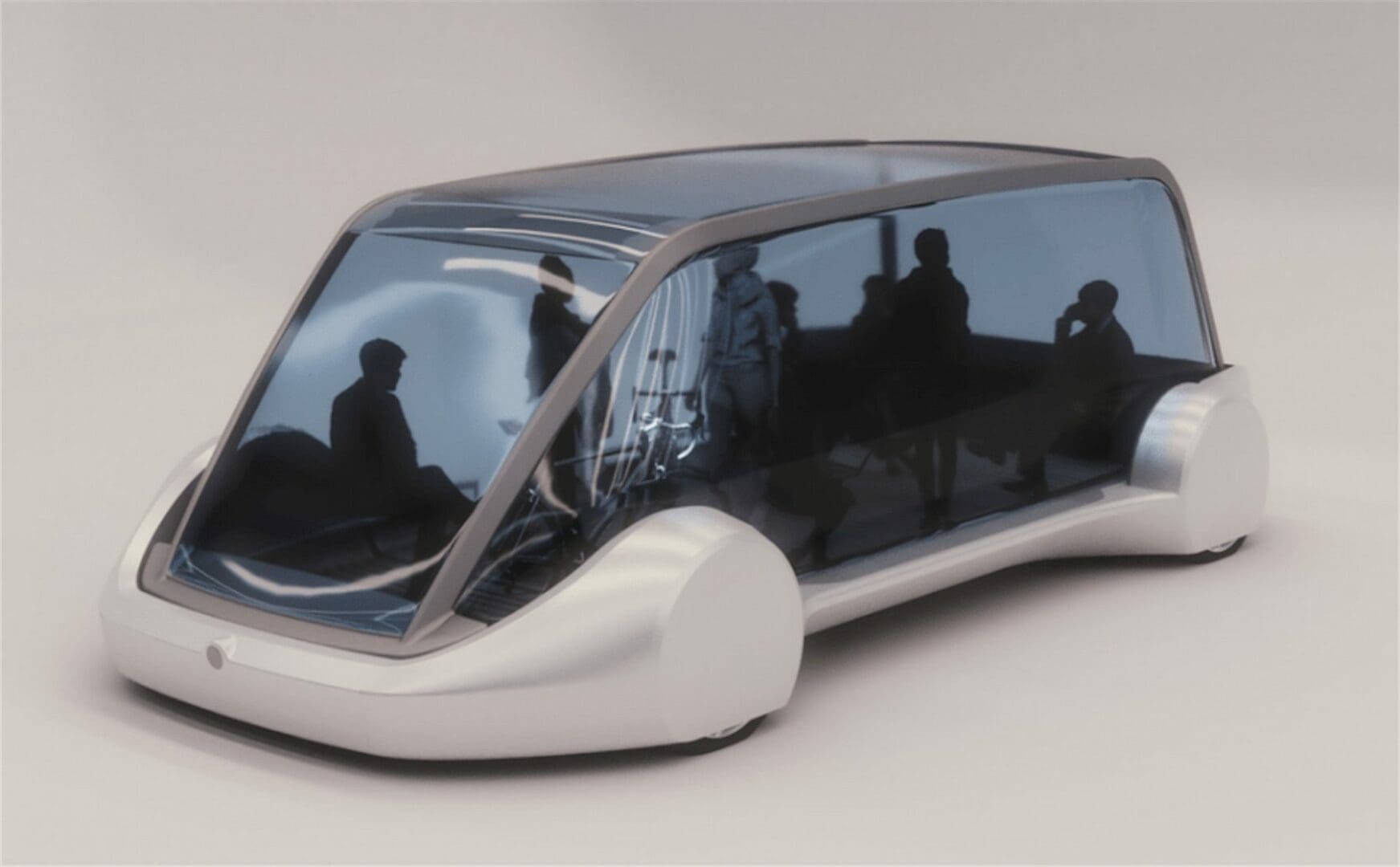Would you like to get notifications from Christian?
Tesla is planning to launch a "dedicated robotaxi" without a steering wheel or pedals in 2024. This announcement was made by CEO Elon Musk during the company's quarterly earnings call on Wednesday. The vehicle will be "highly optimized for autonomy," according to Musk, and it hinges on the company completing work on its full self-driving stack in the next two years.

This is a significant development in the world of mobility as a service. Tesla's robotaxi plans point to a future where autonomous vehicles are used as part of a shared mobility network, providing on-demand transportation services to passengers. This would be a major shift from the current model of car ownership, and it could have far-reaching implications for cities and transportation systems.
What's next? It remains to be seen how Tesla's robotaxi plans will unfold. The company faces significant challenges in terms of technology, regulation, and infrastructure. But if Tesla can overcome these obstacles, it could upend the transportation landscape in a major way. Stay tuned for more updates as this story develops.
Do you have any thoughts on Tesla's robotaxi plans? Let us know in the comments below!
Christian is a futurist and trendwatcher who speaks about the impact of exponential technologies like AI on organizations, people, and talents. Christian tailors his presentations to your audience's specific industries and needs.



Our world is changing at an exponential rate! A big tidal wave of digital transformation and disruption is coming at us fast. Many organizations see this wave as a threat and experience stress, but there are also organizations that just see this wave as an opportunity.

Imagine sitting with just 10-15 fellow executives at a premier location, gaining clarity on the impact of AI on your industry while enjoying an exquisite dining experience. These are not just meetings—they are transformative moments that will shape the future of your organization



In the future, 3D printing and generative design will allow for products to be designed in a more decentralized manner, and production will take place closer to the customer and fully on-demand. 3D printing technology will also allow for more customization and personalization of products.


The agricultural industry is ripe for disruption. Robotics, AI, and IoT are all technologies that have the potential to radically transform the way we grow food. In combination with vertical farming, these technologies could increase the efficiency and quality of agricultural products.

A human-centered society is one that puts people first and where technology is used to unite and empower people. It is a society that values biological life and dignity above all else. It is a society that recognizes the importance of human relationships and works to strengthen them. In a human-centered society, all members of the community are valued and treated with respect.


The future of healthcare is here. New technologies like AI, IoT, big data, and smart sensors make it possible to become the CEO of your own health. Imagine that your phone can listen to your voice and AI algorithms can detect small nuances in the tone of your voice that indicate specific diseases.
